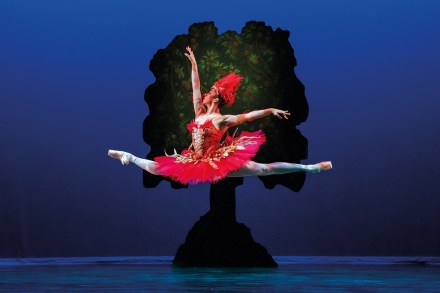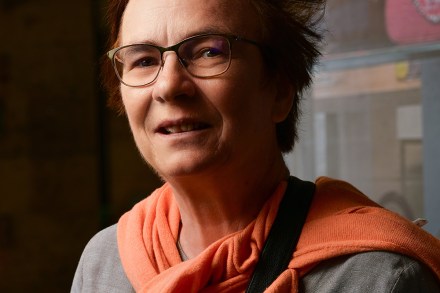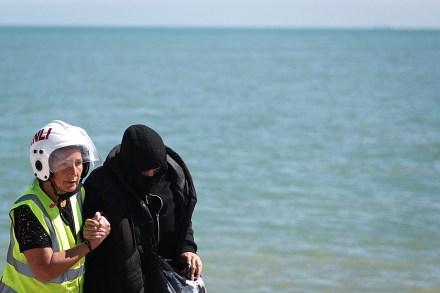Budget Ballets Russes: BRB2’s Diaghilev and the Birth of Modern Ballet reviewed
DanceAlthough I doff my hat to Carlos Acosta’s BRB2, Birmingham Royal Ballet’s junior troupe, for a reminder of what is owed to the Ballets Russes – nothing less than the creation of a new art form – the programme it’s presenting in Diaghilev and the Birth of Modern Ballet is neither well balanced nor coherent.






























